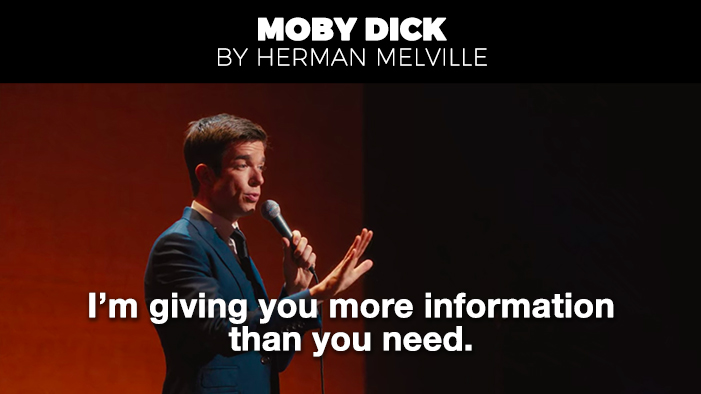Dick Owen, the 22-year-old heir to a large Kentucky plantation in the early 1850s, is smart but spoiled and lazy. An idle law student, he attends the trial of an Ohio man who was caught attempting to help a slave escape. The man died in prison, caring for sick prisoners. His sympathetic story impresses Charity Lomax, the young woman whom Dick loves. She views the Ohio man’s self-sacrificial actions as heroic, though she disagrees with abolition, and she claims that she can’t love a man who hasn’t done something significant.
Dick tells her that he, too, can help a slave become free, and though she finds the idea “absurd,” she agrees to see what he does. Dick asks his father, Colonel Owens, to let him travel for pleasure to New York and Boston. He plans to take Tom, his young attendant, with him and give him the chance to run away. The colonel, however, prefers to send Grandison, an older slave whom he trusts is “abolitionist-proof.”
Dick and Grandison travel to New York, where Dick meets with his father’s business representative and mingles with the fashionable crowd, leaving Grandison to get to know the free Black men who work at the hotel where they are staying. He makes sure that Grandison has money, and he feels certain that Grandison will catch the “virus of freedom” from these men and take the chance to disappear. Yet Grandison never does. He claims not to like the free men and to prefer life as a slave.
When Dick and Grandison travel on to Boston, Dick writes anonymous letters to abolitionists in the city, asking them to help the man that a “wicked slaveholder” has brought to the city. Twice, he sees potential abolitionists approach Grandison to speak to him, but Grandison complains that these men are bothering him and that he’d prefer to return home. Frustrated, Dick leaves Boston for a few days, ensuring that Grandison has plenty of money and telling him to “enjoy your liberty while you may.” Yet when he returns, Grandison and all the cash are still at the hotel.
Dick decides to tour Niagara Falls, knowing that once Grandison is on the Canadian side of the falls, he’ll be free and walk away. But Grandison frets about being in Canada and asks Dick to take him back to the States. Finally, Grandison falls asleep in the sun. A waitress sees Dick speak with and give something to a free Black man who works at an inn. She sees Dick leave and two young men hurry to the Falls, where Grandison is sleeping.
Later, Dick writes a letter to his father to explain that he is returning alone—without Grandison. He hurries home to tell as much of his story as he thinks safe. The colonel mainly directs his anger at abolitionists. Meanwhile, Charity is shocked by Dick’s story, but she marries him anyway.
A few weeks later, the colonel arrives home in his buggy with Grandison, exhausted, beside him. The colonel relates Grandison’s misadventures: abolitionists, thinking Grandison was a spy for people hunting runaways, kidnapped him and held him in a hut in the Canadian forest. He escaped and, “pining for the old plantation,” traveled home. The colonel is so gratified by this show of loyalty that he holds a special dinner for Grandison and keeps him near, over the next few weeks, to regale his friends with the story.
But about a month later, Grandison and six family members go missing. The colonel, shaken and angry, spares no expense to chase the fugitives, but it’s clear that the escape has been carefully planned, with helpers waiting along the way through Ohio. The colonel is dismayed to realize that Grandison, whom he trusted, must have carefully planned his escape over a long period. The vengeful colonel nearly catches up with the party on the shore of Lake Erie, where he can see them on a steamboat headed for Canada. Grandison points out the colonel to a crew member, who sends a mocking wave the colonel’s way, but all the colonel can do is shake an “impotent” fist at the freedom-bound family.


 payment page
payment page



